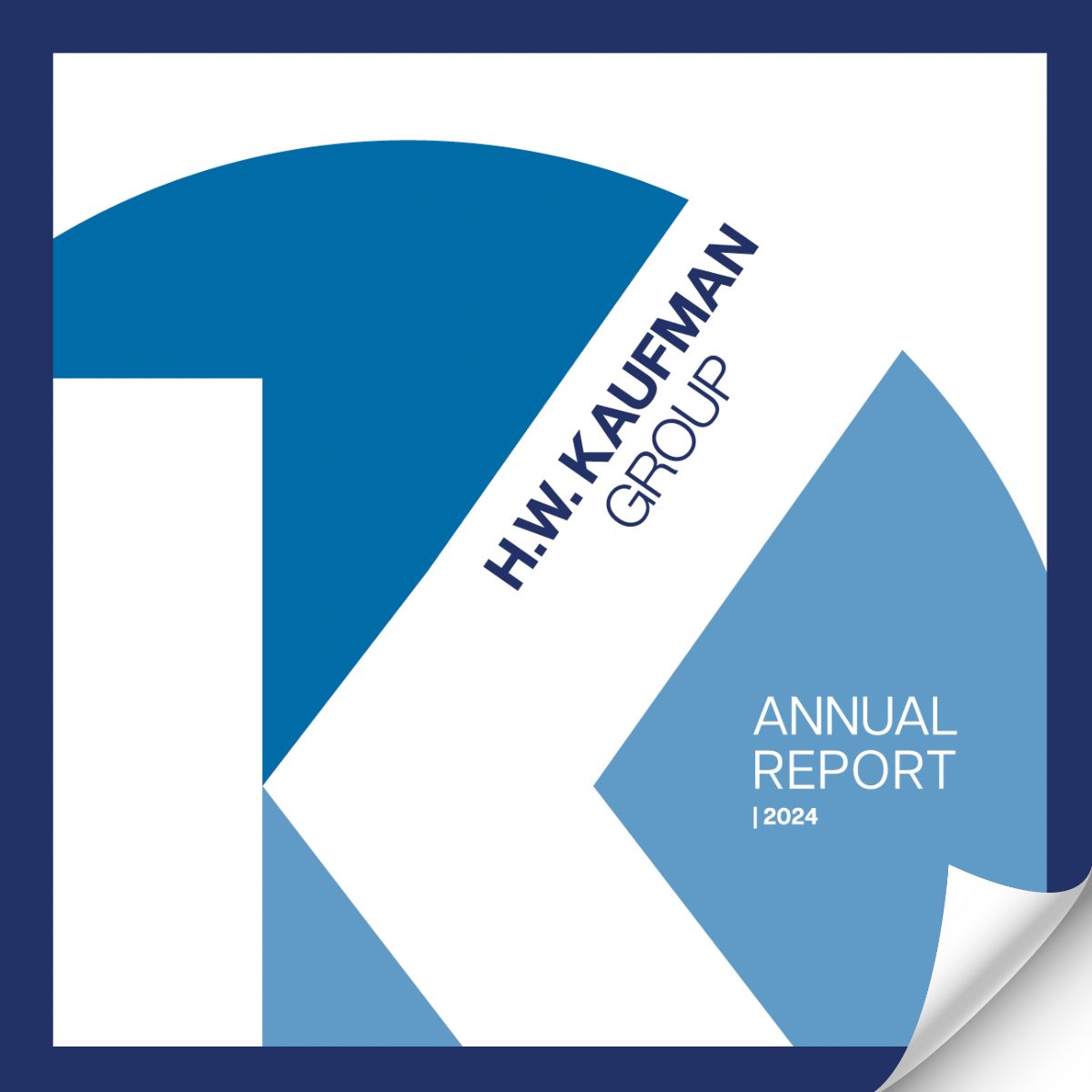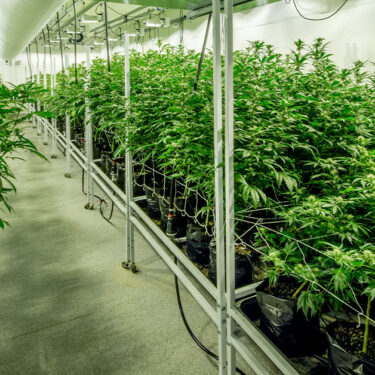State officials in Arizona are sounding the alarm over the number of children who have accidentally ingested marijuana products in the past year. According to new state data, 394 cannabis incidents involving children were reported in 2022, about 60% of which required a hospital visit, KOLD News 13 reported. The problem has prompted the Arizona Dispensaries Association and the Arizona Poison and Drug Information Center to team up on trying to prevent these incidents.
Featured Solutions
In the vast majority of the cases, children found the edibles at home. The issue has led some experts to call for greater regulation on the advertising of marijuana products to ensure they do not appeal to children, NBC News reported.

If a claim is made, it is absolutely possible that the manufacturer, the packaging company, and the dispensary — whoever touched the product — could be brought into litigation.
While the apparent rise in exposures has not translated to any perceptible influx in Cannabis Insurance claims at this point, cannabis companies could potentially be sued over their products getting into the wrong hands, said Emily McDaniel, Broker, Commercial Insurance, Burns & Wilcox, Denver, Colorado.
“If a claim is made, it is absolutely possible that the manufacturer, the packaging company, and the dispensary — whoever touched the product — could be brought into litigation,” she said. “Anytime there is a child’s life at risk or impacted because of the potential negligence of a company, those tend to be very high-limit losses if not full-limit losses.”
Potential liability for child exposures uncertain
Similar trends in accidental cannabis ingestion have been reported in Canada. Data released in August of 2022 showed a 6.3-fold increase in kids being hospitalized for unintentional cannabis poisoning since recreational cannabis was legalized in the country in October of 2018, Global News reported. The average age of kids affected was 3.5 years old.
Media reports of accidental child ingestion seemed to increase during the early days of the COVID-19 pandemic when more families were home, said Leena Malik, Senior Underwriter, Commercial Insurance, Burns & Wilcox, Toronto, Ontario. “In the past year, I have not seen as much of it, but I am not surprised to hear that rates are increasing,” she said.
In June of 2022, the U.S. Food and Drug Administration issued an alert over this type of accidental consumption, warning that THC products could be easily mistaken for breakfast cereal, candy and other treats, and could cause serious adverse outcomes for kids. Accidental exposures are often linked to half-consumed products or open containers being left in children’s reach, Malik said, making safe storage a pressing issue for all cannabis users.
“Making sure that you are storing your edibles or cannabis flower in hard-to-reach places is so important,” she said, pointing to lockable or childproof containers that could be used for this purpose. “Placing them on the highest shelf and in a locked cupboard can really help reduce that risk of accidental consumption.”
Whether or not they would be found liable for the accidental exposure from the child, there will be defense costs. Unless they have Products Liability Insurance and they are insured properly, they could be forced to self-defend on their own dime.
While any potential liability would be left to the courts, if a cannabis company is sued after a child accidentally consumes its products, expenses related to the lawsuit could be covered by the company’s Products Liability Insurance, McDaniel said. Covered expenses could include medical payments, legal defense and settlements.
“Whether or not they would be found liable for the accidental exposure from the child, there will be defense costs,” she said. “Unless they have Products Liability Insurance and they are insured properly, they could be forced to self-defend on their own dime. That alone could be so costly it could bankrupt a company.”
Keeping cannabis products out of kids’ reach
While Canada already requires cannabis edibles to be sold in plain packaging, among other guidelines, some doctors would like to see more precautions taken, CBC News reported last year. Health Canada requires “strictly a black packaging with the label; nothing that would catch the eye of a below-age consumer,” Malik said. There are also limits on THC levels in edible cannabis products to which cannabis producers must adhere.
In the U.S., where packaging and labeling requirements vary by state, some sources have accused cannabis companies of enticing kids with flavors like “mad mango” and “peach dream,” TIME reported in January.
If insurance claims over child access to cannabis products become prevalent, insurance carriers in the U.S. could respond with stricter requirements on what types of products or companies they will insure, McDaniel said. “Childproof packaging is very important,” she said. “Right now, carriers are not saying companies have to guarantee that, but they have in the past. Since they cannot ensure that the end users are properly storing or keeping products out of reach from children, they could implement this requirement to help mitigate this risk.”
In 2021, U.S. health officials reported an increase in pediatric adverse events linked to “insufficiently labeled” gummies and other items that contained cannabis ingredients, including hundreds of reports involving delta-8 THC. In addition, one study found that most delta-8 products are mislabeled, Forbes reported in October of 2021, and some companies have been accused of faking their cannabis products’ lab reports.
If a product was found to be unsafe, whether due to a lack of childproof packaging or improper labeling, the company’s Product Recall Insurance could potentially help pay for expenses associated with physically recalling and disposing of products, notifying customers, replacing products, and brand rehabilitation.
“If the government says a product is a problem and happens to demand a recall, that could be very expensive,” McDaniel noted. “Product Recall Insurance is something any cannabis business should ask their broker about.”
Additional liability limits may be needed
In October of 2022, marijuana operator Curaleaf Holdings agreed to pay $100,000 to settle a 2021 class-action lawsuit related to a labeling error that resulted in 500 CBD “wellness drops” mistakenly containing large doses of THC, MJBizDaily reported. The labeling errors also led to a temporary recall of the company’s cannabis products, the publication noted, and the settlement did not prevent consumers from separately seeking personal injury claims.
As with any product that could have a health impact on consumers, there is a potential for high-severity claims, McDaniel said. Cannabis companies can ask their insurance broker about Excess Liability Insurance, which can provide higher liability limits than standard policies. “Excess Liability Insurance can help protect your company and investors,” she said. “A $1 million policy might not be enough. It is a good option if you are looking to really protect yourself.”
When a serious incident occurs, companies should also know that they could be pulled into a lawsuit regardless of fault. “These claims can be so costly because attorneys may look to any policy that could respond to a claim like this,” McDaniel said. “Whether or not they are negligent would be up to the judge, but it could be very costly to defend the claim.”
Adding “more risk management upfront” is always preferable, she said, including when it comes to business decisions on packaging and labeling. For example, a business could be accused of negligence for choosing to forgo childproof packaging to save on costs. In this type of situation, a cannabis company’s Directors & Officers (D&O) Insurance could respond.
“If there are specific decisions investors or a board made that could have prevented an incident involving a child, D&O Insurance could potentially respond,” she said. “That could be one decision that can find you negligent in the products that you are selling.”
Insurance needs should be discussed with an experienced insurance broker who specializes in the cannabis industry, Malik said. Although Canada has specific requirements on coverages and limits based on the province, working with a knowledgeable broker can help cannabis companies avoid delays as they work to get up and running.
“Ensuring they have the correct coverage in place is what will aid in smooth operations,” Malik said. “When a broker does not have that expertise, the company can be rejected and that holds them up for their production, and that can cause costly delays. That is an issue we have seen quite frequently in all provinces. When you work with someone who is well-versed in the cannabis industry, as well as someone who knows their provincial requirements, it really streamlines that process and helps the supply chain work in a more efficient manner.”





